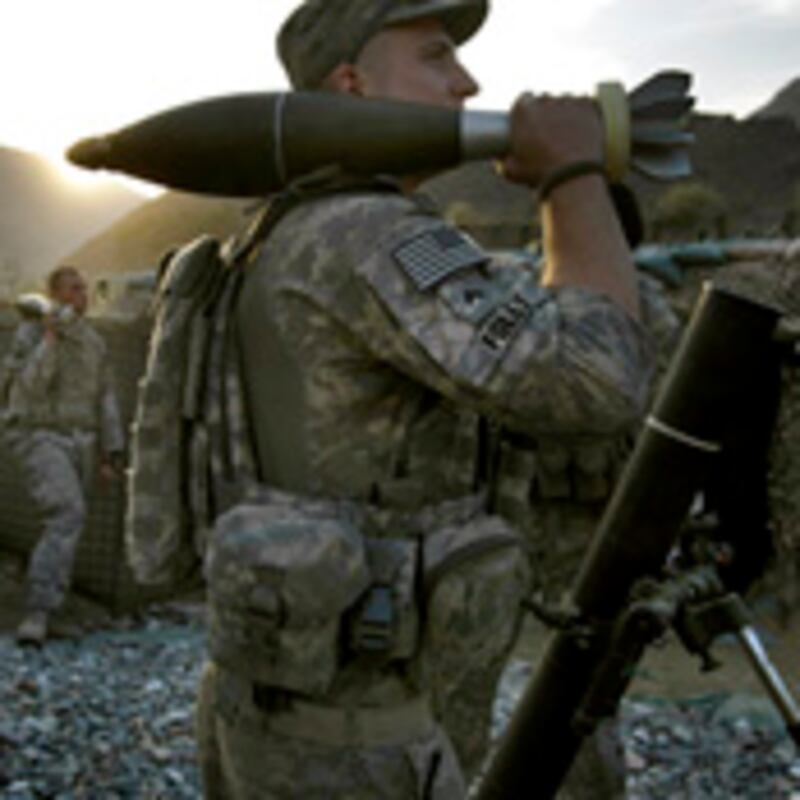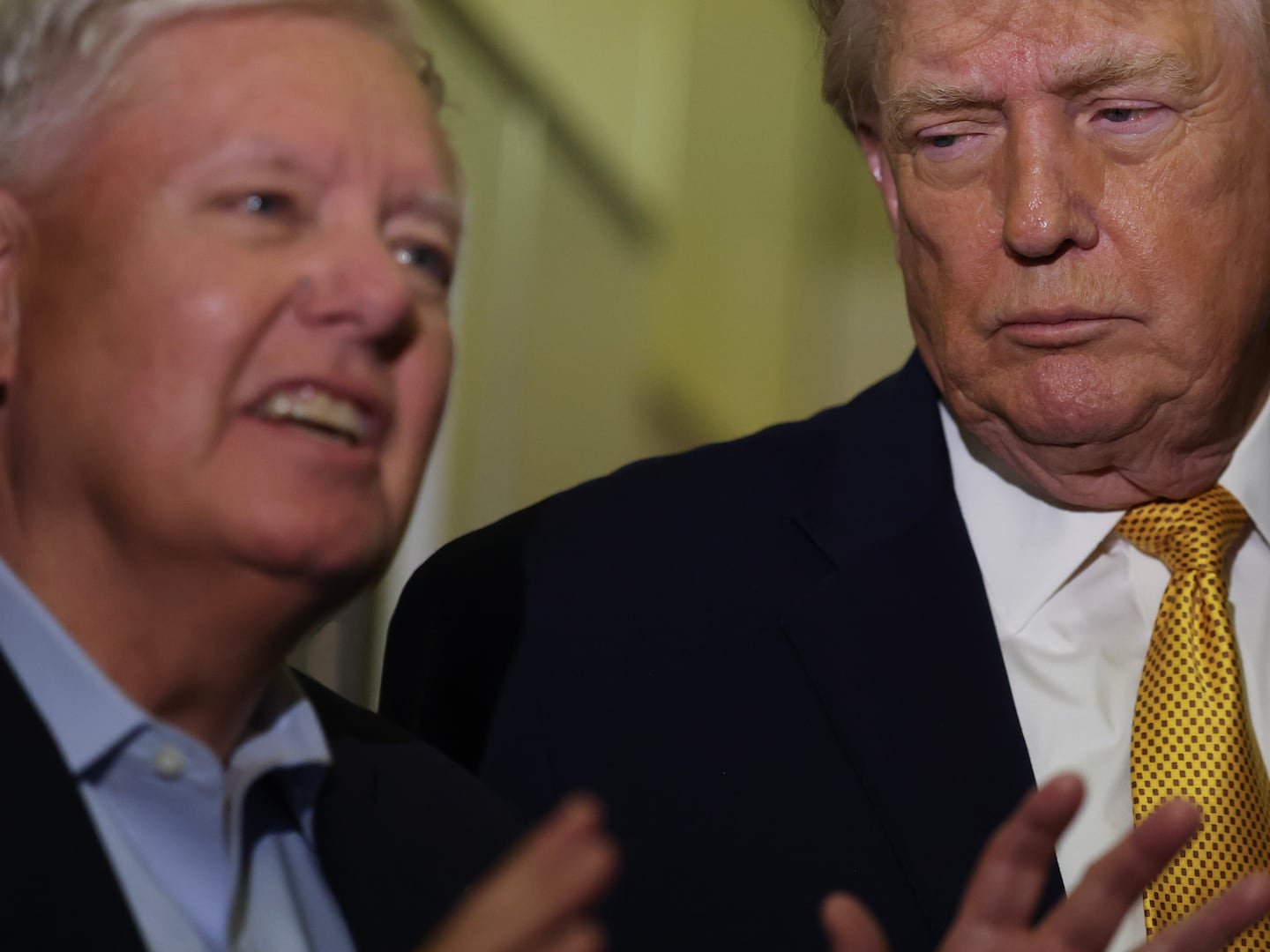
President Obama is entering the final stages of his deliberations of Afghanistan. He’s deciding whether to send more troops, or reframe U.S. policy to allow for something less than the counterinsurgency campaign he promised in March. As he ponders, it’s hard not to feel a little sympathy for the commander in chief. He and his administration are trying to find a path to victory in a difficult war in Central Asia while at the same time navigating treacherous political terrain at home.
Popular support for the war has fallen rapidly over the last six months—the product, in part, of a near-decade of constant war that has left large portions of the American public drifting toward neo-isolationism. At the same time, the president is coming under pressure from political opponents and concerned moderates who worry Obama’s caution is wasting a very short window of opportunity in which the United States can affect the situation in Afghanistan through the application of more resources to both train Afghan security forces and protect population centers targeted by insurgent groups in places like Khost and Kandahar. “Obama is dithering on Afghanistan” was the headline for the normally temperate Financial Times columnist Clive Crook Monday, and my colleague Tom Ricks, an Obama supporter and seasoned observer of military affairs, has expressed similar concern about the administration’s decision-making process.
As long as Afghanistan’s ruling politicians—Hamid Karzai especially—think the United States might reduce its commitment to Afghanistan, they could be willing to accede to U.S. demands on key ministerial and provincial-level appointments.
But there are two very good reasons why the Obama administration should take its time on its decision with respect to our Afghanistan policy. There are also reasons why both sides in the current debate should give the White House the time to do so.
First, any strategic planning process starts with a series of assumptions. If any of those assumptions prove false, the plan has to be revisited. A combination of the disastrous Afghan presidential elections and the bleak assessment of the war effort delivered by Gen. Stanley McChrystal have perhaps convinced President Obama and his advisers that some of the assumptions they used to conclude in March that a counterinsurgency strategy represented the best path forward were no longer valid or perhaps never were. (In the interests of full disclosure, I served on the team that researched and helped to craft Gen. McChrystal’s report. My comments here do not reflect the opinions of either Gen. McChrystal or his command.)
• Leslie H. Gelb: At Last, Obama’s Afghan Plan • Shirin R. Tahir-Kheli: Obama’s Pakistan Problem • Patrick Hennessey: Of Course More Troops Are Needed Second, while working in Afghanistan this summer, we quickly arrived at the conclusion that the weakness or predatory behavior of the Afghan government represented as great a threat to mission success in Afghanistan as do any of the country’s insurgent groups. The Obama adminstration has, I believe, some leverage at the moment, which it could use to affect the composition and behavior of the next Afghan government. As long as Afghanistan’s ruling politicians—Hamid Karzai especially—think the United States might reduce its commitment to Afghanistan, they could be willing to accede to U.S. demands on key ministerial and provincial-level appointments. Just as an Afghan government consisting mainly of those politicians thrown out by the Taliban in 1996 would spell continued insurgency and mission failure, a more inclusive and competent Afghan government would enable the success of a counterinsurgency strategy.
As Steve Biddle and others have noted, though, the primary weakness of U.S. counterinsurgency doctrine is its assumption that the interests of the host nation will line up with those of the United States. In Afghanistan—as in Iraq and Vietnam—U.S. military officers and diplomats have dealt with host-nation governments whose composition and behavior has often been at odds with U.S. objectives and interests. So while countless memoranda and manuals exist instructing U.S. servicemen on how to wage counterinsurgency campaigns at the operational and tactical levels, there is currently little guidance for how U.S. policymakers should use leverage over its Afghan partners. The Obama administration, if it's clever, will try to figure out the best way to use its leverage over Karzai and other Afghan politicians. And in that effort, they deserve time to succeed.
Andrew Exum is a fellow at the Center for a New American Security. He served in Afghanistan with the U.S. Army in 2002 and 2004.






